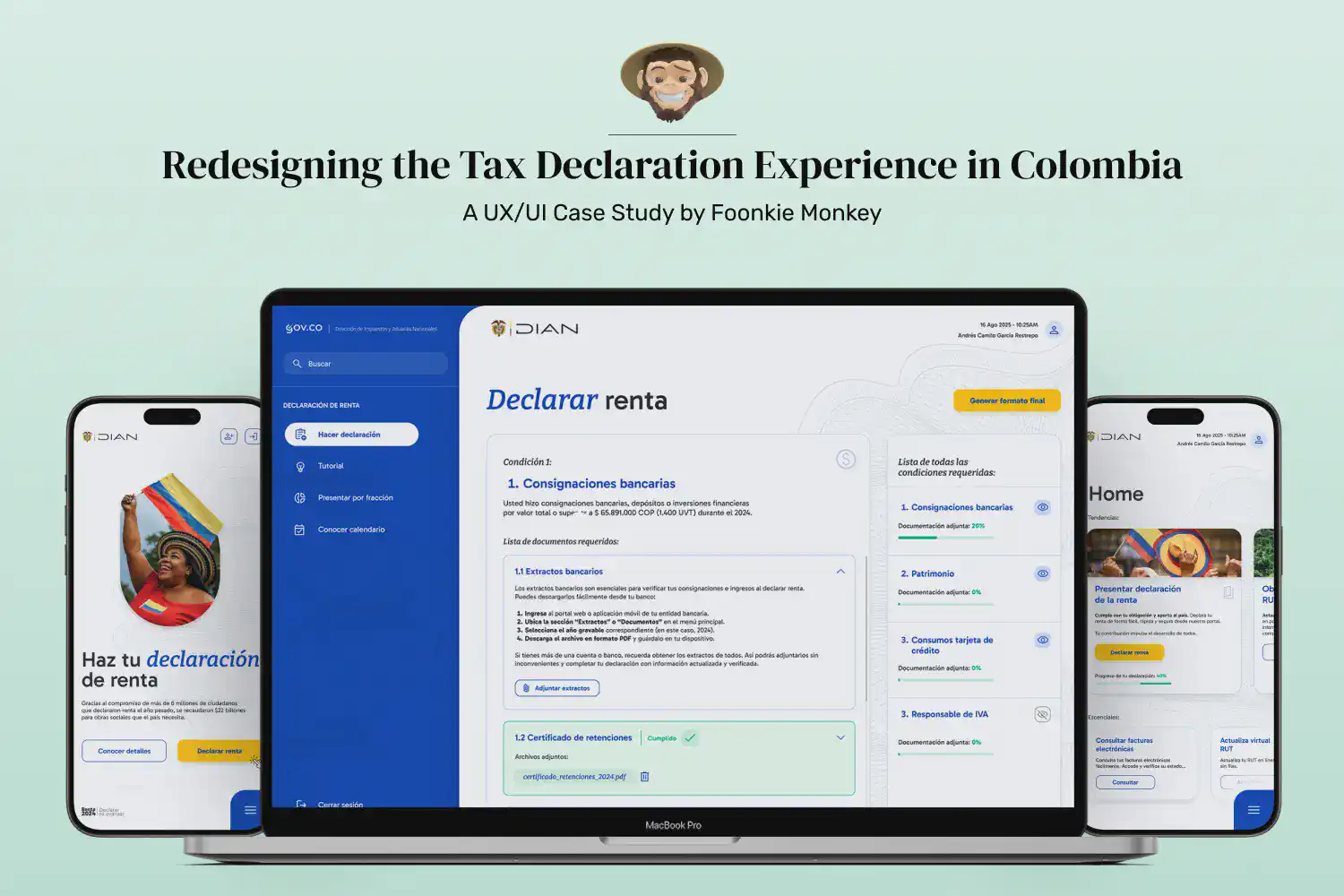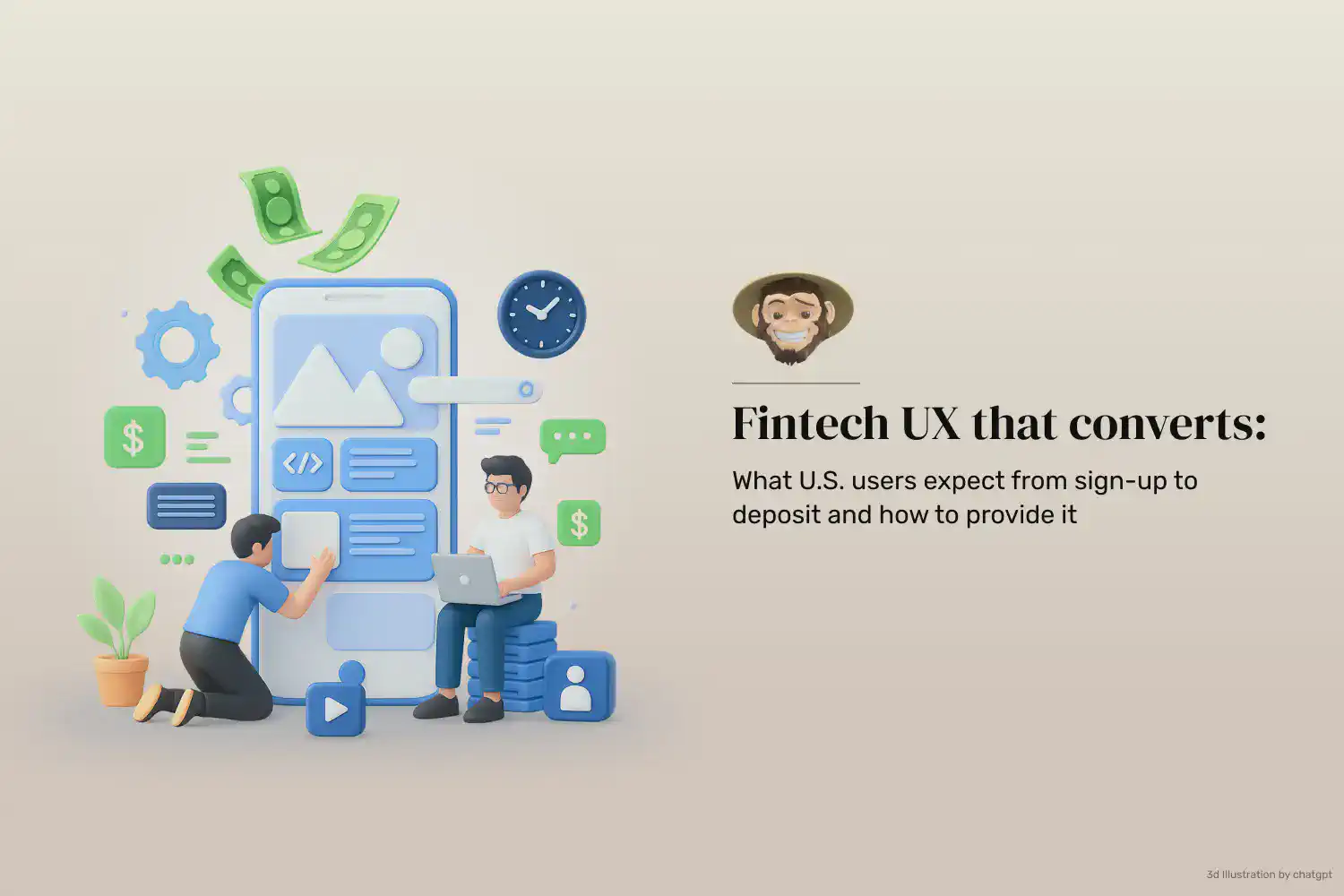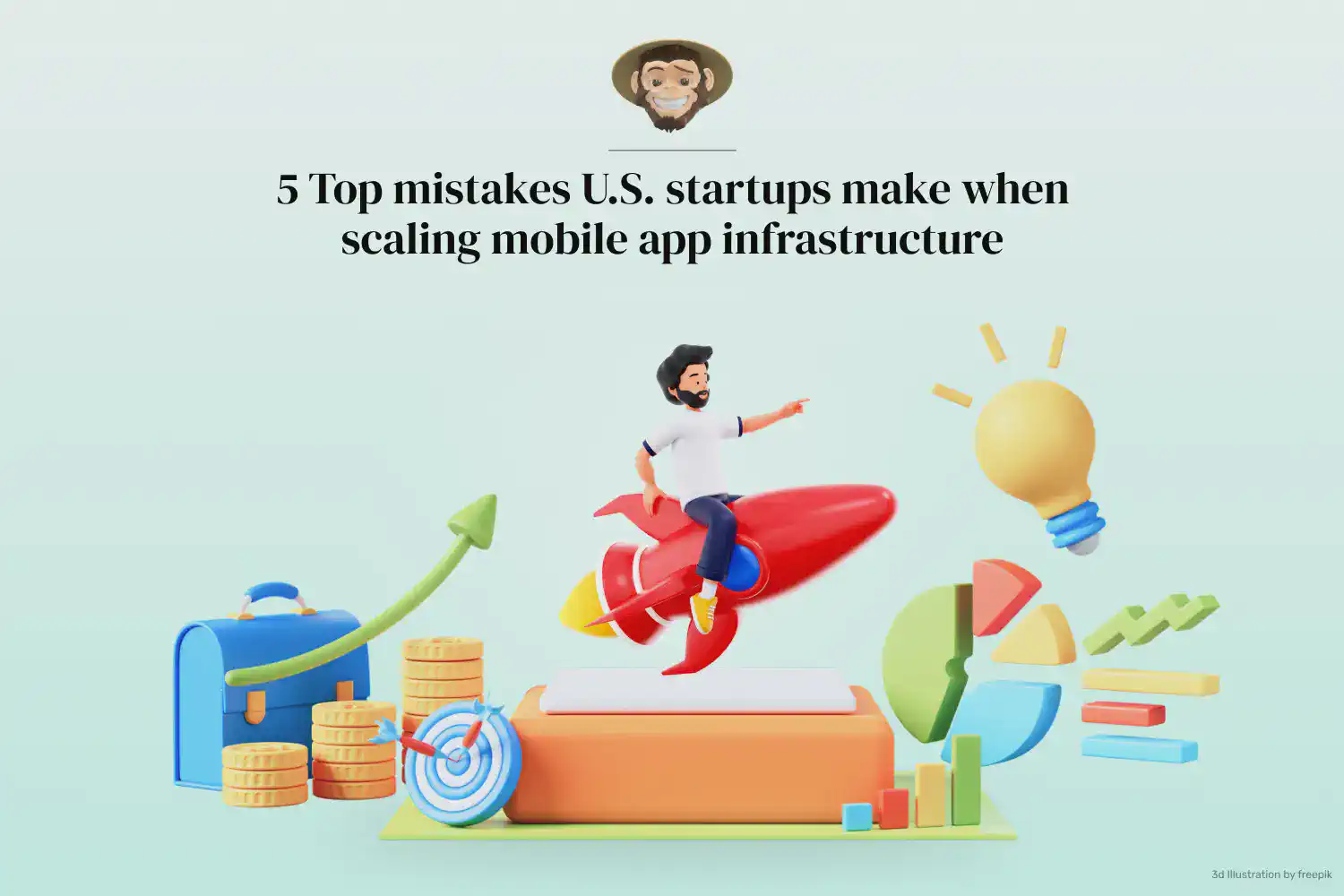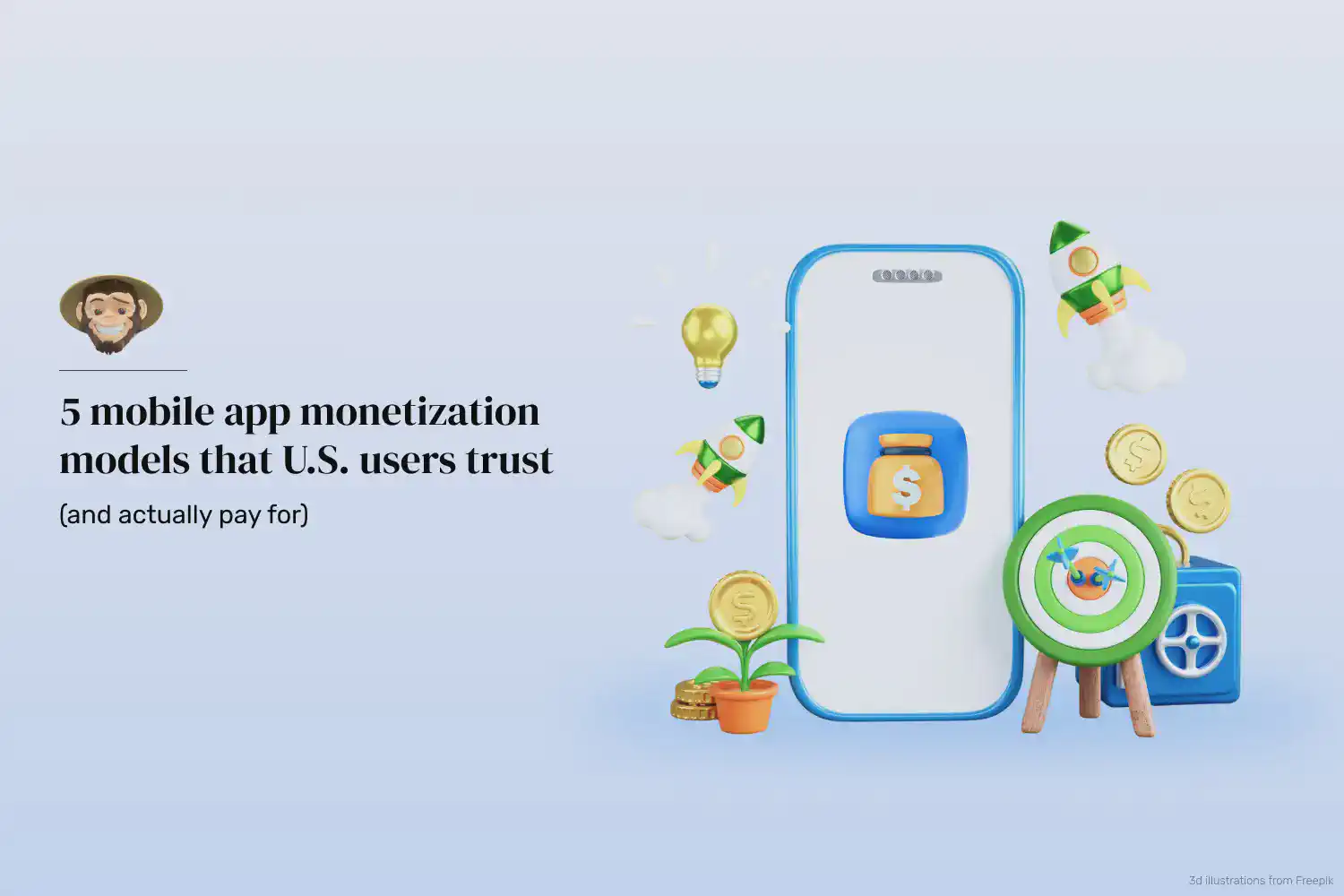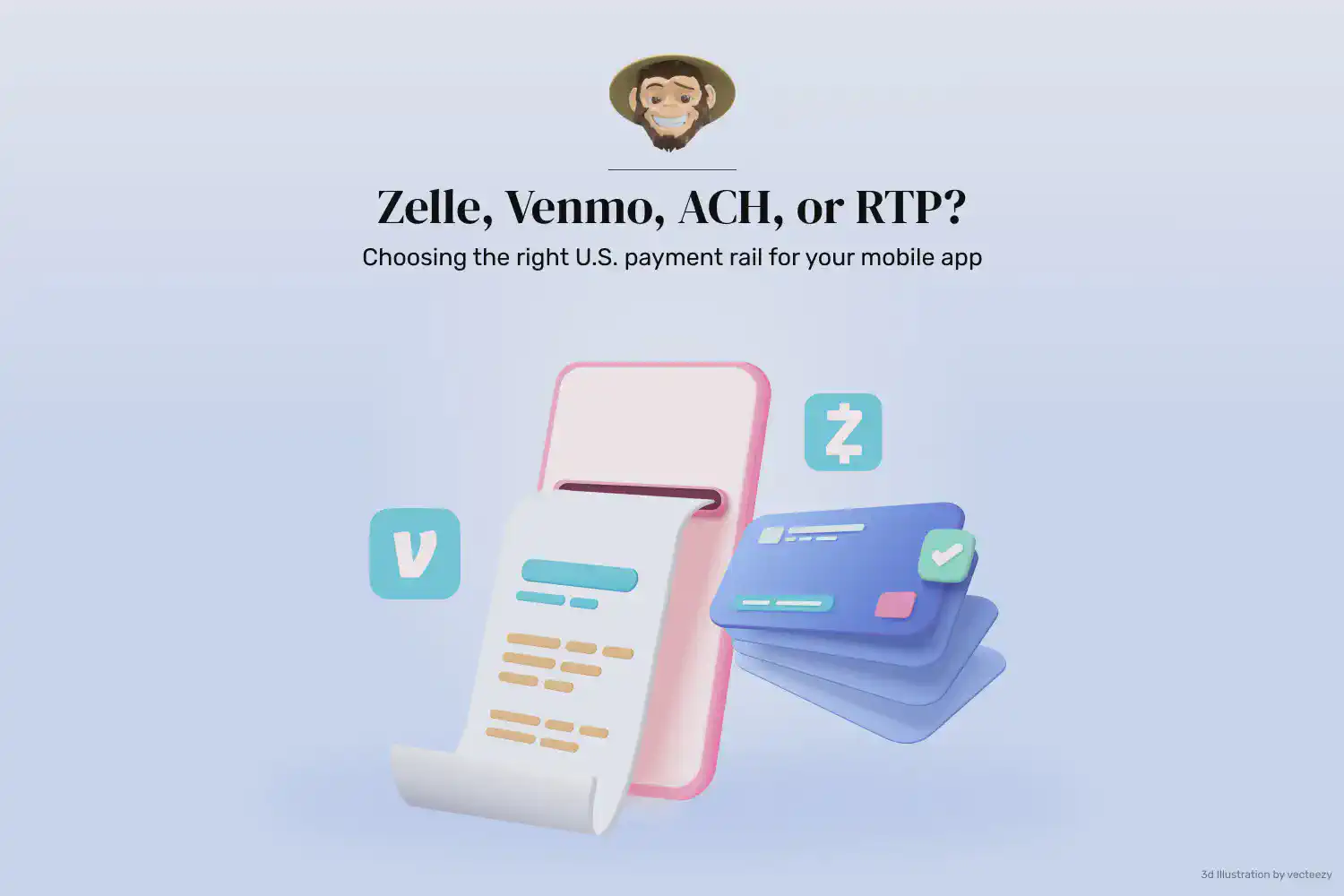Before launching a mobile app in the United States, it’s crucial to understand the key differences between the Apple App Store and Google Play Store. This understanding serves as the starting point for any successful app launch in the U.S., as it will guide you through the approval processes and compliance strategies for both platforms.
Whether you’re an app developer or a startup owner preparing to launch a mobile app in the United States, you must understand how the two leading app stores, the Apple App Store and the Google Play Store, work and how to navigate both ecosystems successfully is pivotal for not only for gaining approval, but for maintaining long-term visibility, compliance, and user trust. These two platforms dominate the U.S. mobile app landscape, collectively accounting for the vast majority of app distribution and downloads, with around 102.4 billion downloads for the Google Play Store and 35.4 billion for Apple’s App Store as of December 2024. However, both platforms have their own set of requirements, and their approval workflows, policy enforcement mechanisms, and developer submission requirements vary significantly.
As experienced mobile app developers, we at Foonkie Monkey aim to create a comprehensive guide that provides a detailed comparison of the approval processes for the Apple App Store and Google Play Store. This guide will include tips tailored for U.S.A-based developers and startups, regulatory environments, privacy standards like CCPA and HIPAA, and platform-specific design expectations. Our goal is to help you understand the approval processes and compliance strategies for both platforms, whether you’re building a HIPAA-compliant healthcare mobile app or a FinTech mobile app with KYC requirements.
Key Differences between Apple App Store and Google Play Store
1. Submission process
App Store
- Enroll in the Apple Developer Program
- Prepare your app for submission. Check Apple’s App Store Review Guidelines.
- Set up App Store Connect.
- Upload screenshots and other media.
- Archive and upload via Xcode
- Submit for review.
Play Store
- Create a Google Play Developer account.
- Prepare our app. Package it as an Android App Bundle (AAB), test it, and make sure it is signed with a release key using Android Studio.
- Complete listing details such as app description, category, screenshots, privacy policy, and more.
- Set pricing and distribution.
- Fill compliance forms to adhere to U.S. regulations and Play Store policies.
- Submit for review.
Foonkie Monkey’s tip: First of all, you must understand that the submission process on either platform can take time. We suggest starting the submission process at least 7 to 10 business days before your projected U.S. launch date. This is particularly important if you’re submitting to the Apple App Store, which operates a manual review system. By doing so, you’ll be taking a proactive step to ensure a smooth launch. Additionally, meticulously review your privacy policies, app screenshots, in-app purchases, and permissions before submitting your mobile app. Keeping compliance frameworks at the forefront will further empower you to stay in control of your U.S. mobile app launch and prevent any last-minute issues.
2. Review process
- App Store: Apple uses a manual review process where each app undergoes human scrutiny. They verify design quality, performance, content accuracy, and compliance with Apple’s stringent guidelines.
- Play Store: Google utilizes an automated review system that scans apps using AI. The system identifies errors or violations that may require manual review.
Foonkie Monkey’s tip: Stay proactive, transparent, and user-focused to reduce approval times and time-to-market across both platforms. Additionally, please note that if you’re handling sensitive data, you can expect a longer review time on both platforms.
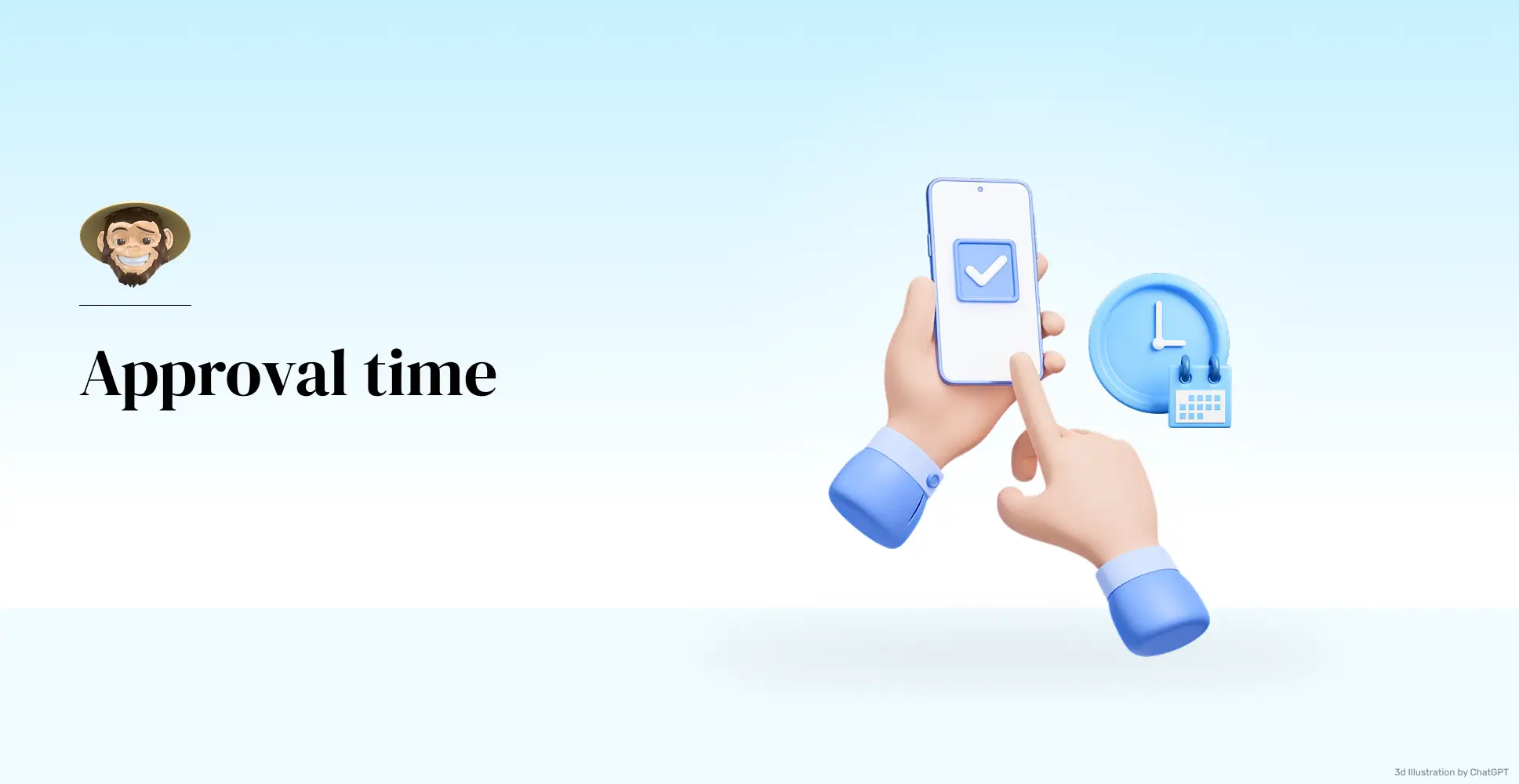
Hands hold mobile phone and click checkmark - Freepik
3. Approval time
- App Store: App Store reviews can take 24–72 hours, sometimes longer.
- Play Store: Google Play apps can take anywhere from a few hours to 7 days.
4. Monetization and payments
- App Store: Requires developers to implement Apple In-App Purchase (IAP) as the sole method for purchases and payments within your mobile app.
- Play Store: Requires Google Play Billing for digital purchases, but offers more flexibility for different business models and regions.
Foonkie Monkey’s tip: For app approval, it’s essential that pricing is transparent. Apps handling financial transactions, such as those in FinTech and healthcare, must also include legal disclaimers. These disclaimers play a crucial role in avoiding potential violations and are a key part of the app approval process. In summary, obtaining mobile app approval involves treating monetization as both a technical and legal responsibility within the U.S. mobile ecosystem.
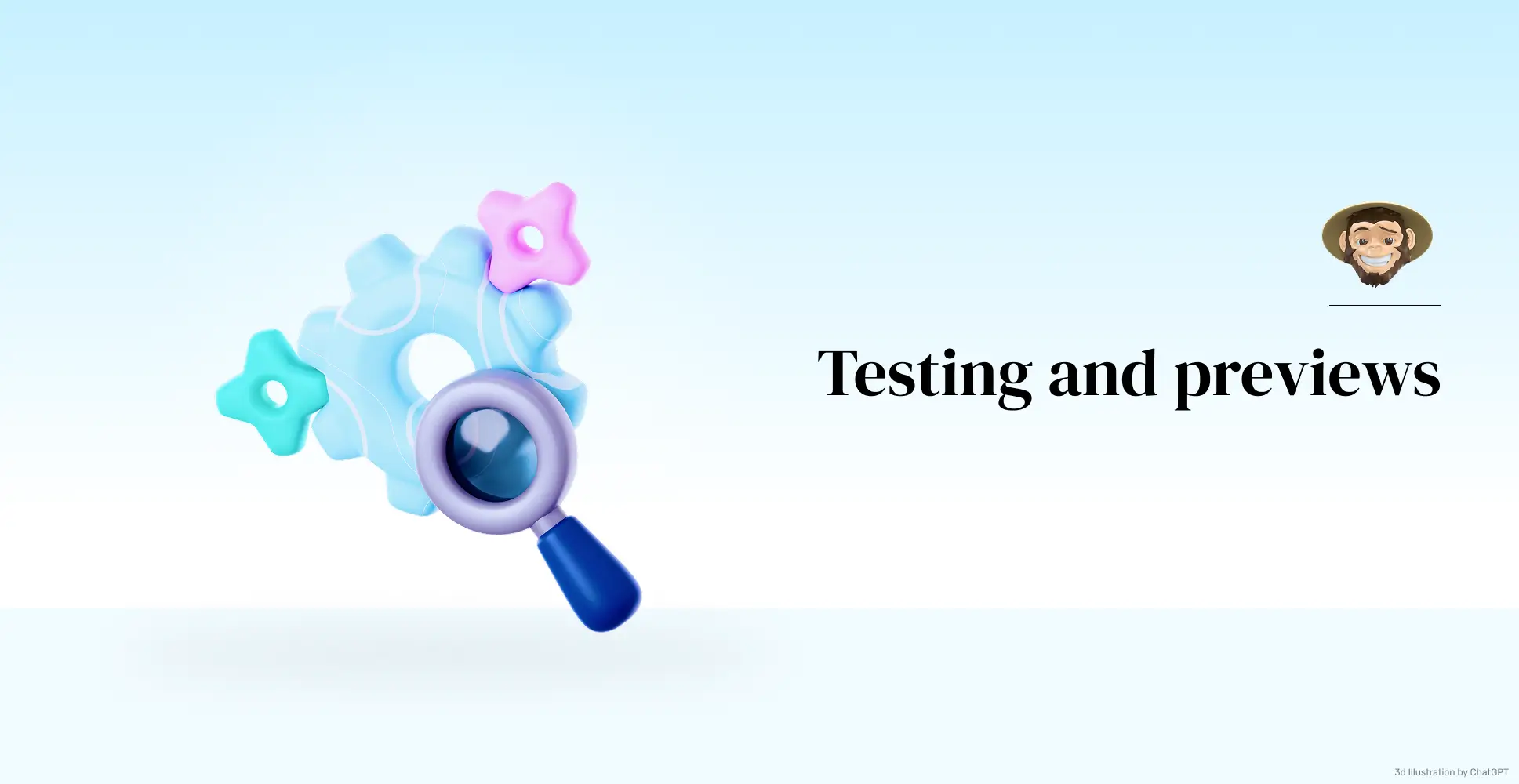
3D icon product management - Freepik
5. Testing and previews
- App Store: Apple offers TestFlight for beta testing with up to 10,000 external human users. They thoroughly check the beta version, and it requires approval for external distribution.
- Play Store: Google offers open, closed, and internal testing, allowing developers to easily distribute beta versions of their mobile apps. It doesn’t require approval from Google, and changes can be made during beta version testing.
Foonkie Monkey’s tip: Apple reviewers expect fully functional test environments, so we suggest you provide demo or sandbox accounts with full access to all core features, along with any two-factor authentication steps explained for testing purposes. On Google Play, while automated reviews are more common, reviewers may still test critical app flows, especially for new developers or apps using advanced permissions. Either way, you must test across multiple devices and screen sizes to ensure consistent performance, fast load times, and crash-free sessions. Upload accurate preview assets that reflect the latest app version and clearly show features relevant to your American-based audience. Failing to test properly can result in rejection.
6. Violations ,app rejection, and removal
- App Store: Apple is stringent when it comes to policy enforcement. Mobile apps must adhere to the App Store guidelines and undergo human review to ensure compliance with these guidelines. However, app developers have the opportunity to rectify the issue and resubmit the app, but face permanent removal for repeated or severe violations, especially for U.S. FinTech and healthcare mobile apps, where compliance with HIPAA, CCPA, and financial regulations is crucial.
- Play Store: Google relies on a faster and more automated rejection and removal process. They allow for reinstatement, but the appeals process can be slow and bureaucratic.
Foonkie Monkey’s tip: App rejections and removals can be significant hurdles for U.S.-based mobile app developers. However, with a clear understanding of how Apple and Google handle policy violations and a careful reading of their guidelines, you can avoid these issues. It’s crucial to stay proactive, transparent, and responsive during the review process to prevent costly delays, reputational damage, and app store bans.
For app developers, startups, and other enterprises in the United States, launching on both platforms is a strategic endeavor. It requires a balanced approach that considers compliance, user experience, and data privacy to meet the evolving U.S. regulations and the needs of consumers. By adopting this strategic mindset, you can navigate the app store approval processes with confidence.
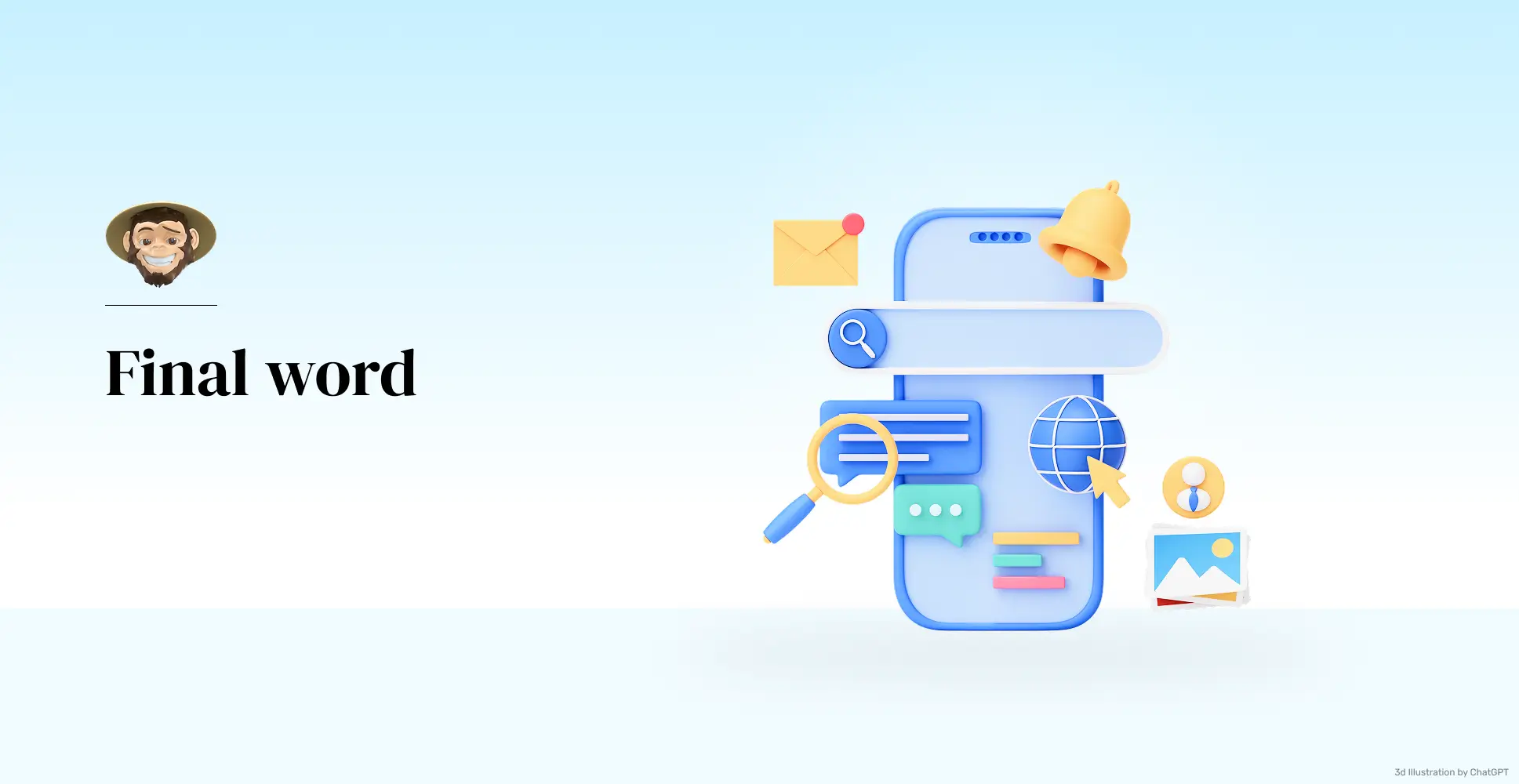
3D rendering search engine background - Freepik
Final word
Successfully launching a mobile app in the United States requires a deep understanding of the unique review processes, policy expectations, and compliance standards of both the Apple App Store and Google Play Store. Both platforms require thorough planning, and app developers must take the submission processes seriously, with clarity, transparency, and user safety at the forefront. Getting your mobile app live and keeping it relevant and compliant demands precision, regardless of whether you’re a startup or an enterprise. Therefore, ensure that your submission strategy aligns with U.S. laws (such as HIPAA, CCPA, and KYC/AML) and platform-specific guidelines to expedite approval, minimize rejection risks, and foster long-term success.
At Foonkie Monkey, we specialize in helping U.S.A.-based clients build, launch, and scale secure, compliant, and beautifully designed mobile products across both iOS and Android. If you’re preparing for launch, reworking your compliance flow, or just want expert support through the store approval process, we’re ready to help!
